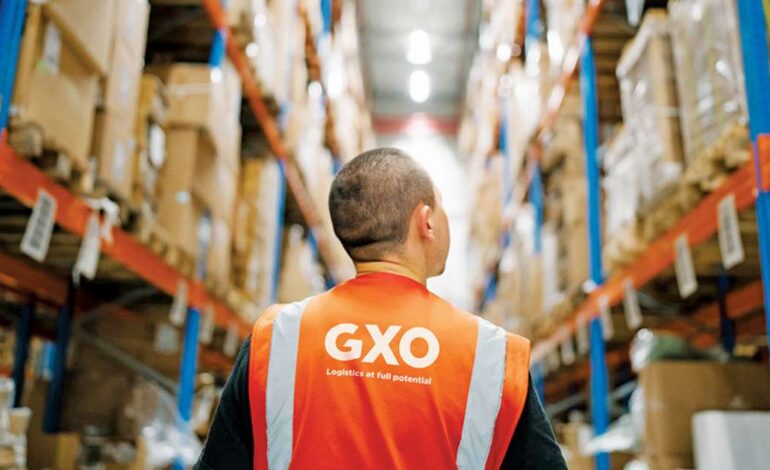
Volkswagen Explores US Audi Production to Bypass Tariffs
Volkswagen is evaluating the potential of producing Audi vehicles in the United States. This strategic move aims to circumvent the impact of tariffs that have influenced global trade dynamics. The decision could bring significant changes to Audi’s production landscape and VW’s operations in North America.
Understanding the Tariff Challenge
Tariffs have become a considerable challenge for global automotive manufacturers, affecting the cost structure and profitability. For companies like Volkswagen, which heavily rely on international trade, these tariffs can create financial barriers that impact pricing strategies and market competitiveness.
Volkswagen’s Strategic Shift
In response to these challenges, Volkswagen is considering a bold move to start producing Audi models domestically in the US. This strategy aims to reduce production costs and minimize the impact of tariffs. The shift could also bolster the brand’s presence in the US market through reduced delivery times and increased alignment with local consumer preferences.
Potential Benefits and Challenges
Producing Audi vehicles in the United States presents numerous benefits, including enhanced market adaptability and potential cost savings. However, it also poses challenges such as the need for investment in manufacturing facilities and adaptation to local regulations and labor markets.
Implications for the Automotive Industry
This potential shift in production strategy by Volkswagen could set a precedent for other international auto manufacturers facing similar tariff-induced challenges. It underscores a broader trend towards localization in vehicle production, aiming for a more resilient and flexible supply chain.
Conclusão
Volkswagen’s consideration of US-based Audi production is a strategic response to tariff barriers, potentially reshaping the automotive market landscape. This move reflects a growing trend towards manufacturing localization, offering a blueprint for how global brands can adapt to evolving trade policies and economic conditions.






